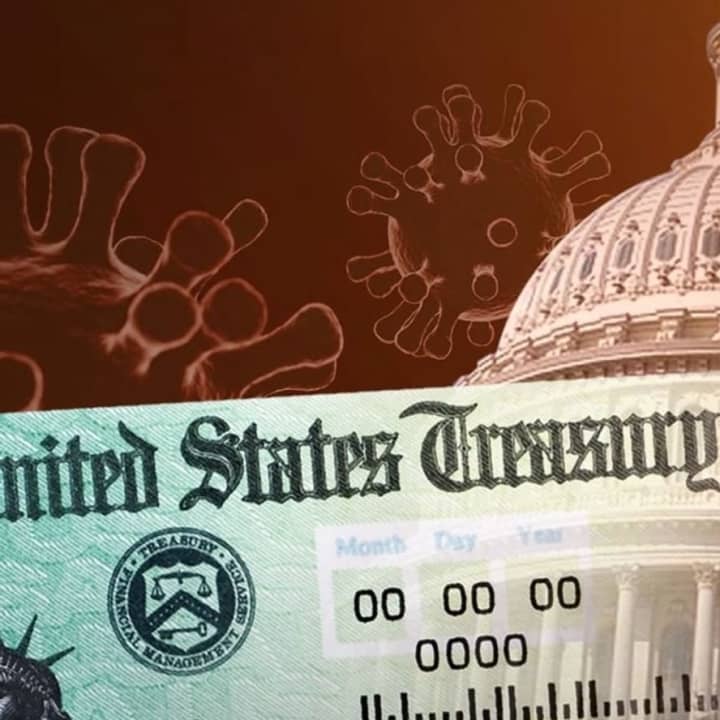Stimulus payments are automatic for seniors and taxpayers who filed tax returns in 2018 or 2019, state New Jersey Attorney General Gurbir S. Grewal said Friday.
There are no phone calls, no need to do anything but count the amount when it comes in the mail or is directly deposited sometime this month.
If you do get a call, text or email from someone asking for your Social Security, checking account or credit card number, hang up. They’re trying to steal your money.
Some victims, thinking they’re registering to receive assistance, are fooled into clicking on fake links that installed software on their computers that could access their bank and credit card accounts.
Another scam involves official-looking emails that pretend to be from the U.S. Small Business Association (SBA) or other government agencies. These include links claiming to take you to an application page for a grant or other assistance.
Don’t click on them.
The current climate has given thieves a new twist on the old grandparent scam, as well. If someone calls or sends a message from an unknown number or email address claiming to be a relative or friend sick with COVID-19 and desperate for money, don’t panic. Reach out to your friend or relative directly and keep in mind that scam artists typically ask for payment via wire transfer or a gift card.
There are also thieves posing as employees of the U.S. Department of Health and Human Services (HHS) or another U.S. government department who say you must complete a mandatory online form in order to be tested for COVID-19. That’s bull, too. The scam is designed to steal personal, financial and/or medical information. DON’T FALL FOR IT.
You also want to be very careful before you donate to anyone trying to raise money to help those supposedly in need. ANYONE who asks you for money in cash, through a gift card or via a money wire transfer is a thief.
The same goes for those pitching new travel insurance that covers COVID-19 circumstances. Know who and what you’re dealing with before doing anything. In fact, go here first: NJ Division of Consumer Affairs Guidance.
“New Jersey residents need the financial relief that’s coming to them,” said Attorney General Grewal. “We want you to be able to spot a scam, so that the check you’re expecting from the government doesn’t turn into a blank check from you to a thief.”
"We are asking residents to rely only on information from trusted sources, and refrain from opening attachments or click on links from unknown sources," said Paul R. Rodríguez, acting director of the state Division of Consumer Affairs.
Grewal and U.S. Attorney Craig Carpenito late last month announced the creation of a a federal-state COVID-19 Fraud Task Force to investigate and prosecute those who exploit the pandemic by defrauding others. Consumers who believe that they have been victimized by a COVID-related fraud should call the National Center for Disaster Fraud’s National Hotline at (866) 720-5721.
Click here to follow Daily Voice Sussex and receive free news updates.


